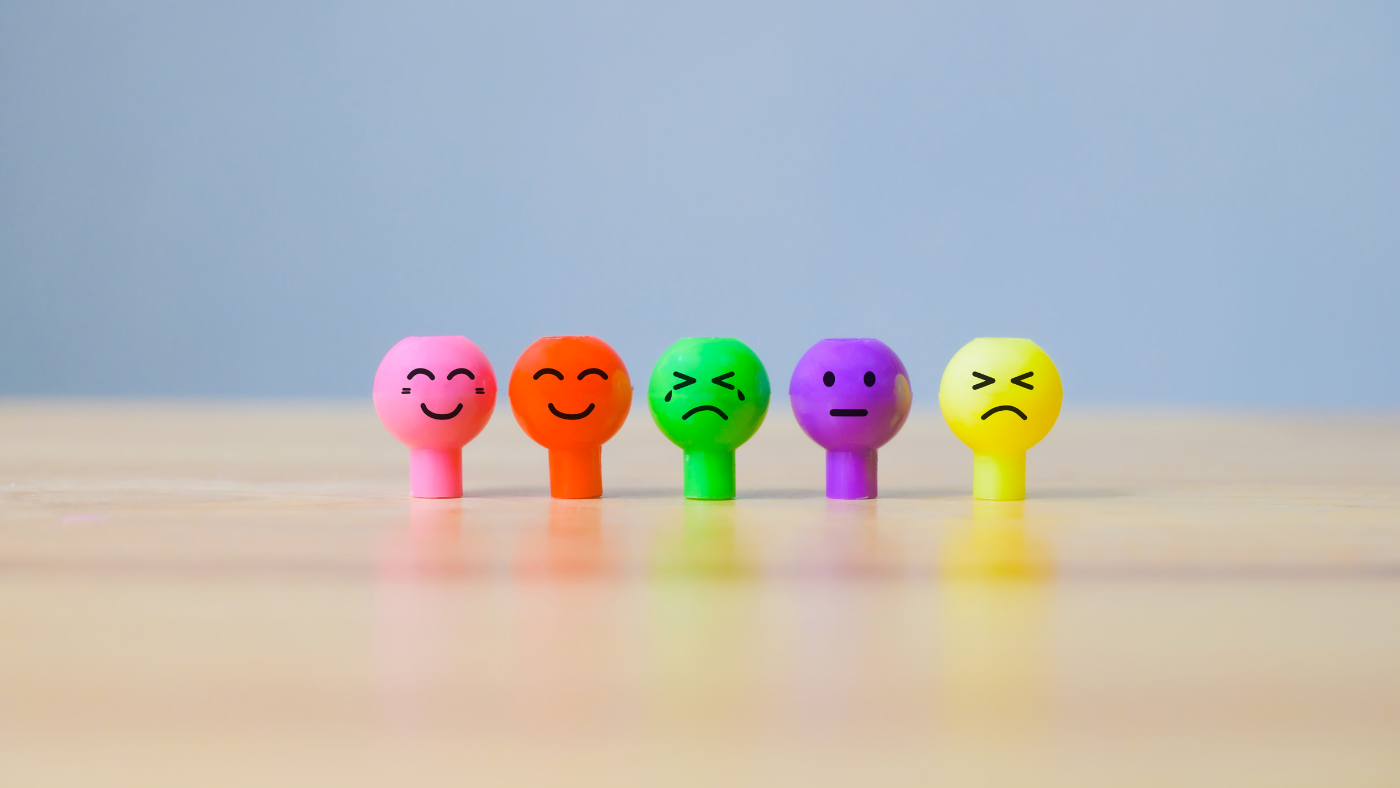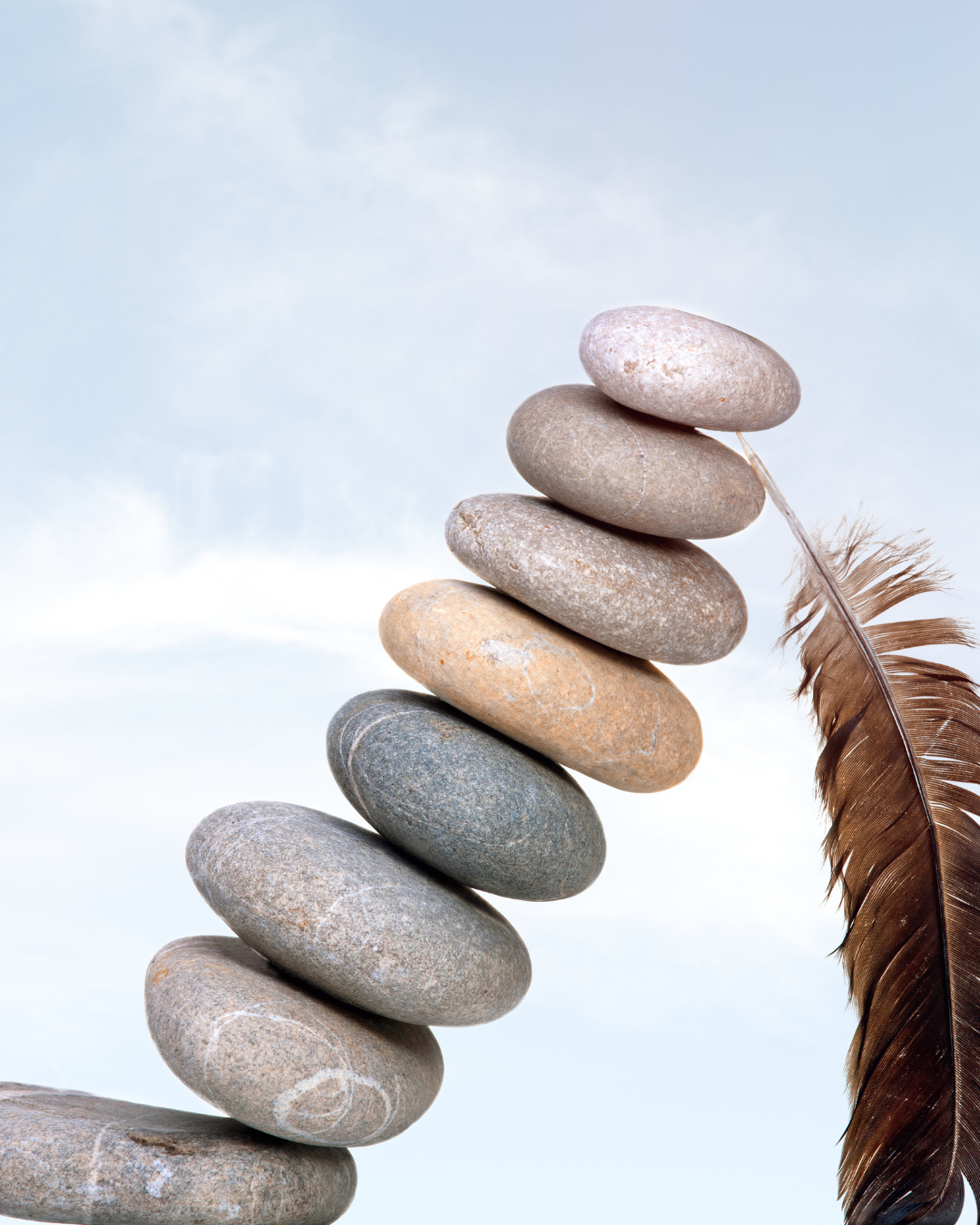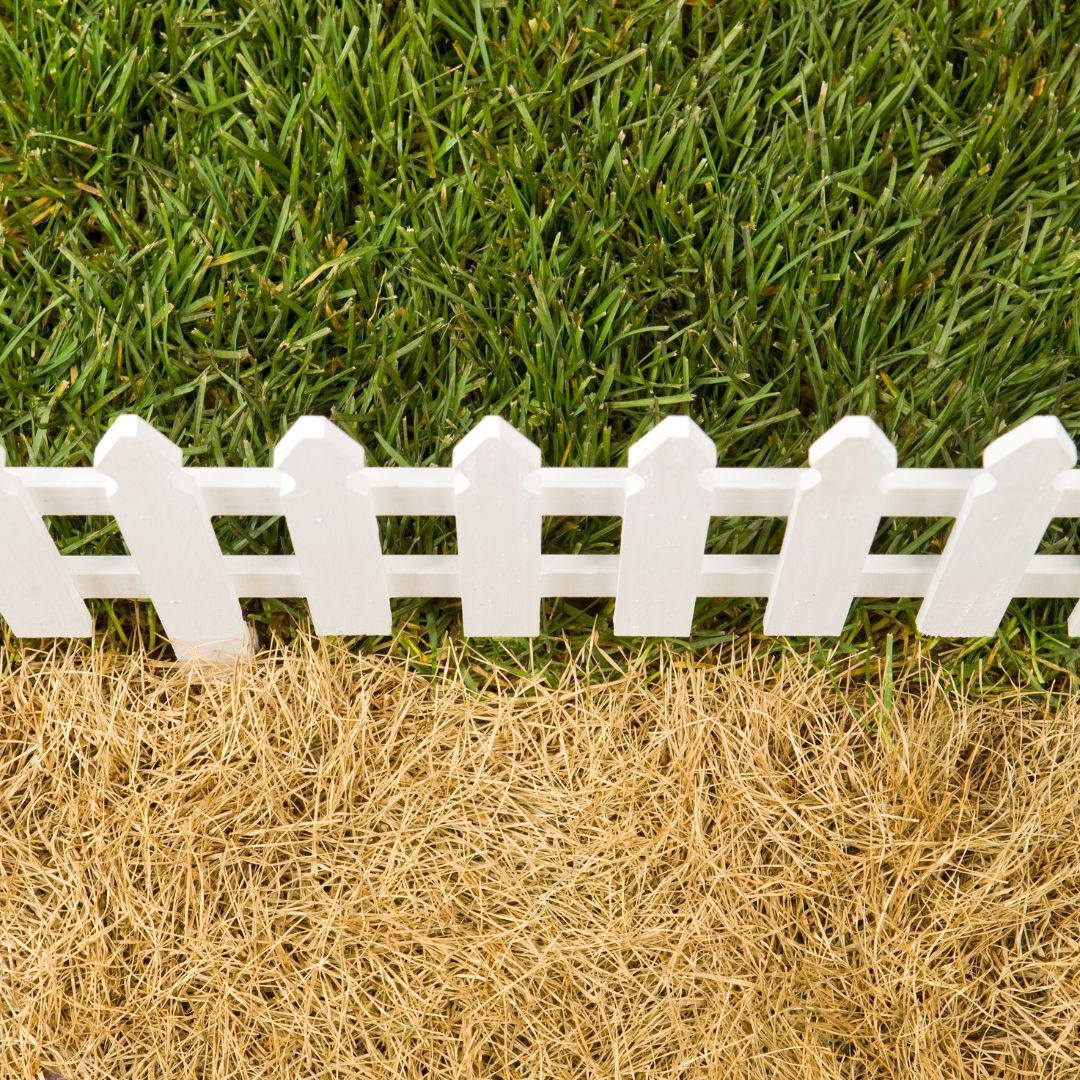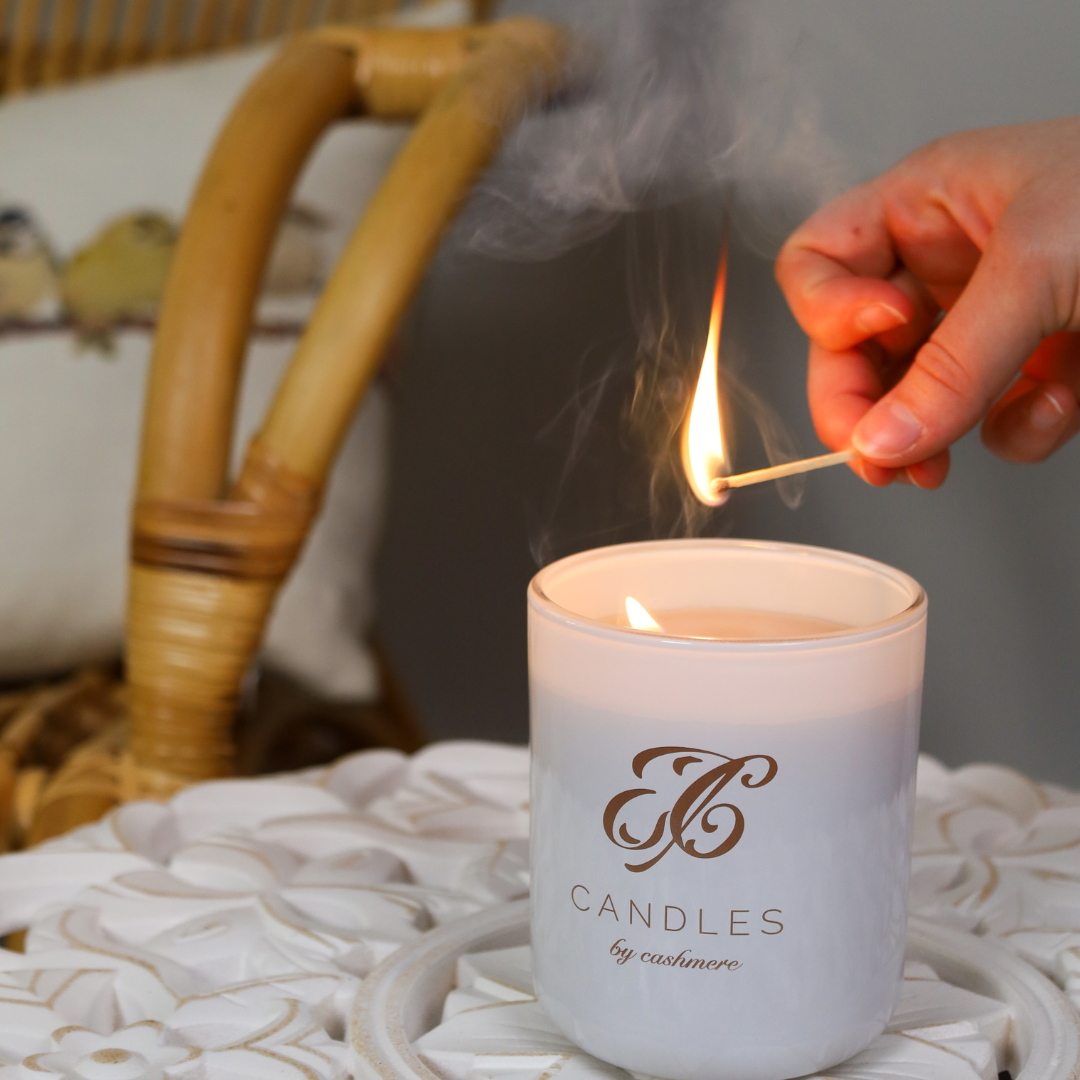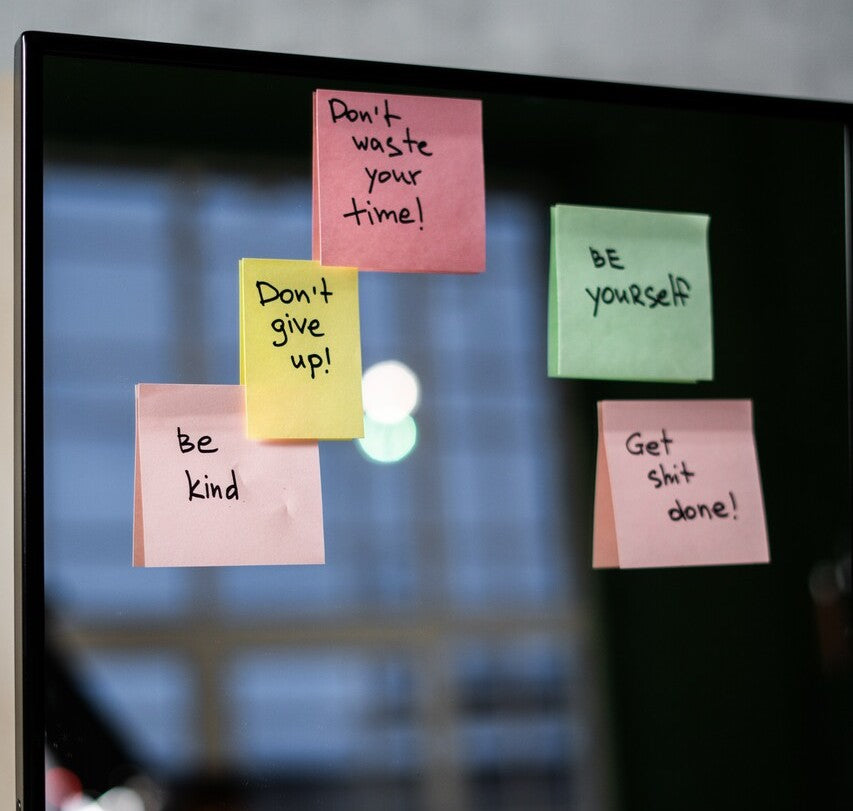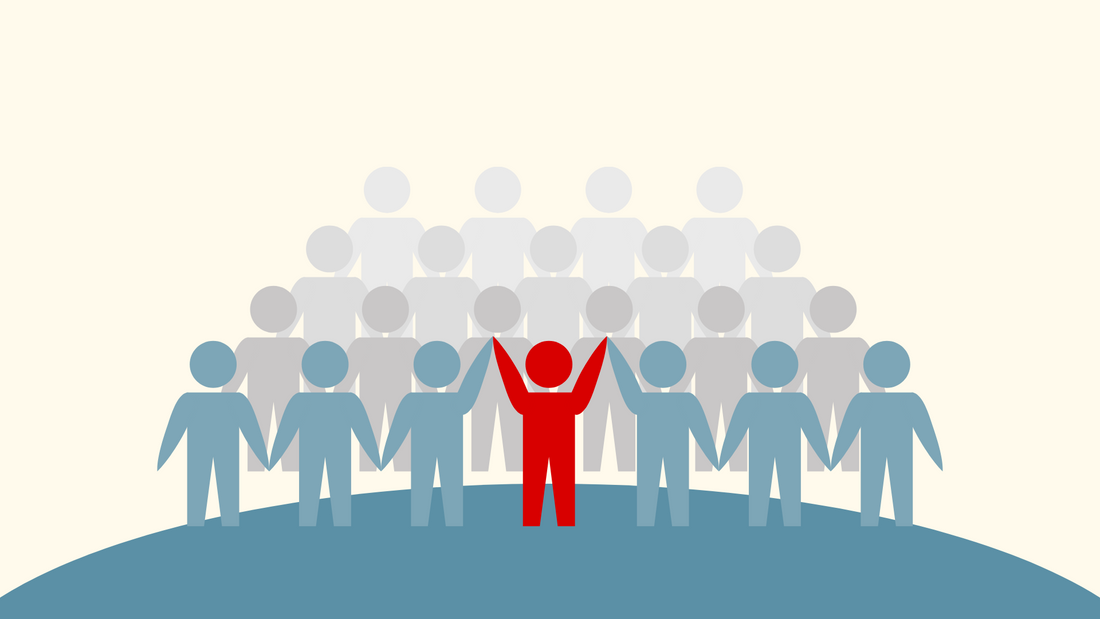Win Your Week
Understanding 'Locus of Control' and What Motivates You!
Welcome to Win Your Week - our weekly blog on all things motivation, mindfulness, life hacks and more! When something goes wrong do you tend to chalk it up to your own doing or other factors outside of your control? The way you answer this question is largely determined by a psychological construct known as ‘locus of control’. Locus of control refers to the degree to which we feel a sense of agency in our lives. We can fall anywhere between a high internal to a high external locus of control.
Learn moreIt's Time for a Relationship Audit!
You may have heard the saying ‘you are the average of the five people you surround yourself with’. A large part of setting ourselves up for success and ‘winning our week’ is introducing productive practices and being mindful of or discarding practices that are less productive and this extends to the people we spend our time with. When it comes to relationships, we are greatly influenced by the people around us. In fact, our relationships affect our self-esteem, our way of thinking and our decisions. So, today we want to discuss the quality of our relationships and if they are serving us in a positive way. But how often are we actually stopping and looking around at the people we are surrounded by and thinking we need to make changes?
Learn moreHow to Make (and Keep) Your New Year's Resolution in 2023
The start of the year is a popular time for people to think about their goals and resolutions for the year going forward. So, if you are planning on setting any resolutions this year, we want to discuss how to start the year off right and how to put our best foot forward to achieve our resolutions and goals - and hopefully, WIN YOUR YEAR!
Learn moreThe Dangers of Comparison and How to Deal With It
Find yourself continually comparing yourself to other? Here's how to break the unhealthy cycle! These strategies can help you think about yourself more positively. When you stop comparing yourself to others and turn your focus inward, you start being better at what really matters: being you. You may have heard the saying ‘comparison is the thief of joy’. This sentiment is particularly relevant today, especially with our constant access to social media and people’s curated and seemingly perfect lives. So, today we want to talk about comparison, where is comes from and how we combat it before it takes over our lives - and hopefully by the end you'll be inspired to WIN YOUR WEEK!
Learn moreThe Extraordinary Power Of Scented Candles
Scented candles can induce calm and help to alleviate symptoms of stress, with the ability to lower cortisol. There are many ways to add little luxuries to our lives and ‘treat ourselves’. Today we want to talk about one of our favourite ways to add a little bit of indulgence to our homes and level up our self-care routine. This is by burning scented candles! Recent years have seen candles and scented candles in particular majorly grow in popularity and use and this is for a good reason. Candles have a plethora of uses and benefits. In this blog post we'll explore some of these helpful, mindful and powerful tips - and hopefully by the end you'll be inspired to WIN YOUR WEEK!
Learn moreIt's time to think differently - How to Build Confidence
Have you ever met someone who you are instantly drawn to or who is so uniquely themselves? The odds are they have bucket loads of confidence! On today’s blog we want to talk about what confidence is and discuss some ways we can develop our confidence. Confidence is one of the most common wishes that most people struggle with in their everyday life. But how do we become more confident? It's easier said than done. You hear your confident friends say: “Well, just be confident, man!” However, to a person that doesn't feel that confident this piece of advice may not be very helpful. At all. There are however some time-tested and timeless advice. And in this blog post I'll explore some of these helpful, mindful and powerful tips - and hopefully by the end you'll be inspired to WIN YOUR WEEK!
Learn moreThe Unbelievable Power Of Friendship
There’s a reason there are millions of songs written about friendship. Friends are vital to our wellbeing and are some of the most powerful bonds people have. Having close friends enriches our lives. Friends can celebrate our wins with us as well as provide support during bad times. Having friends can prevent isolation and loneliness and give us the chance to offer essential companionship. Friends also play a significant role in promoting our overall health. With adults who have strong social connections having a reduced risk of depression and high blood pressure. In addition, studies have found that older adults who have meaningful relationships and social support are likely to live longer than their peers with fewer connections.
Learn morePositive Thinking: How to Practice It Everyday!
Are you a glass half-full or glass half-empty kind of person? This is an age-old question used to determine someone’s outlook on positive thinking. If we do tend to lean more toward the negative the good news is this is something that we can learn and change! Positive thinking can have pitfalls at times. While it is important to have an overall positive outlook, unrealistically high expectations can lead to disappointment. You won’t be able to undo years of pessimism and negative thoughts overnight, but with some practice, you can learn how to approach things with a more positive outlook.
Learn moreLeadership: What is it? The ultimate guide to being a good leader.
Leadership is a term that is often highly regarded and used to describe successful individuals. Leaders set direction and help themselves and others to do the right thing to move forward. To do this they create an inspiring vision, then motivate and communicate a plan for their team - all to maximise the efforts of others towards a common goal. The definition of leadership is to influence, inspire and help others become their best selves, building their skills and achieving goals along the way. So, today’s blog is about leadership and how we can ensure we are the best leader we can be. Enjoy!
Learn more

